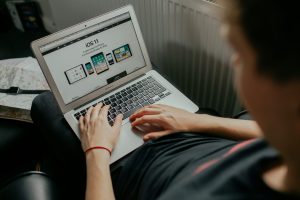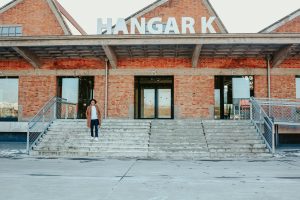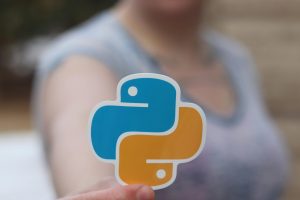Redefining skill-based learning through education policy
When it comes to education, there has always been a focus on academic excellence and standardized testing. While these aspects are important, they alone cannot equip our students with the skills they need to thrive in the real world. In today’s rapidly changing job market, having a strong foundation in practical, job-specific skills is crucial for success. This is where skill-based learning comes into play. By incorporating skill-based learning into education policies, we have the opportunity to redefine the way we approach education and prepare our students for the workforce.
Redefining Skill-Based Learning
Skill-based learning is an educational approach that focuses on developing specific skills that are required in a particular profession or industry. This is in contrast to the traditional approach of education, which focuses more on theoretical knowledge and academic achievements. While academic excellence is important, it alone cannot guarantee success in the job market. This is where skill-based learning proves its worth.
Skill-based learning involves hands-on training, practical applications, and real-world experiences. It not only equips students with job-specific skills but also fosters crucial soft skills such as problem-solving, critical thinking, and communication. There is a growing demand for individuals who possess both technical and soft skills, making skill-based learning an essential part of education policies.
The Role of Education Policy
Shift from Standardized Testing to Skill-based Assessments
One of the main obstacles in incorporating skill-based learning into education has been the emphasis on standardized testing and academic performance. Education policies can play a pivotal role in shifting the focus from test scores to skill-based assessments. This would encourage educators to incorporate more hands-on activities and real-world projects in their curriculum, rather than solely relying on lectures and textbooks.
Collaboration with Industry Professionals
Education policies can also facilitate collaboration between educational institutions and industry professionals. This would not only provide students with access to up-to-date knowledge and practices but also give them the opportunity to network and build relationships with potential employers. It would also allow educational institutions to tailor their curriculum to meet the evolving needs of the job market.
The Impact of Skill-Based Learning through Education Policy
Integrating skill-based learning into education policies has the potential to bring about a positive impact on various aspects of our society.
Reducing the Skills Gap
One of the major challenges faced by employers today is the skills gap – the mismatch between the skills required for a job and those possessed by the available workforce. By equipping students with job-specific skills through education policies, we can bridge this gap and help reduce unemployment rates.
Promoting Lifelong Learning
Skill-based learning encourages continuous learning and development, rather than just focusing on a degree or certification. This not only prepares students for the ever-changing job market but also instills a passion for learning and personal growth that can last a lifetime. This can lead to a more knowledgeable and skilled workforce, benefiting the economy as a whole.
Fostering Innovation and Creativity
Skill-based learning encourages students to think outside the box and come up with innovative solutions. It also provides them with the freedom to explore and experiment, leading to creativity and entrepreneurship. By promoting these qualities through education policies, we can foster a culture of innovation and drive economic success.
In Conclusion
In today’s fast-paced world, traditional approaches to education are no longer enough. Education policies that incorporate skill-based learning have the power to redefine the way we educate our future workforce. By equipping students with job-specific skills, fostering soft skills, and promoting collaboration with industry professionals, we can bridge the skills gap, promote lifelong learning, and foster a culture of innovation. It’s time to embrace skill-based learning through education policies and equip our students with the tools to succeed in the ever-evolving job market.









